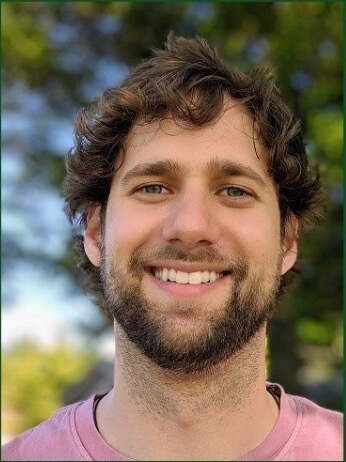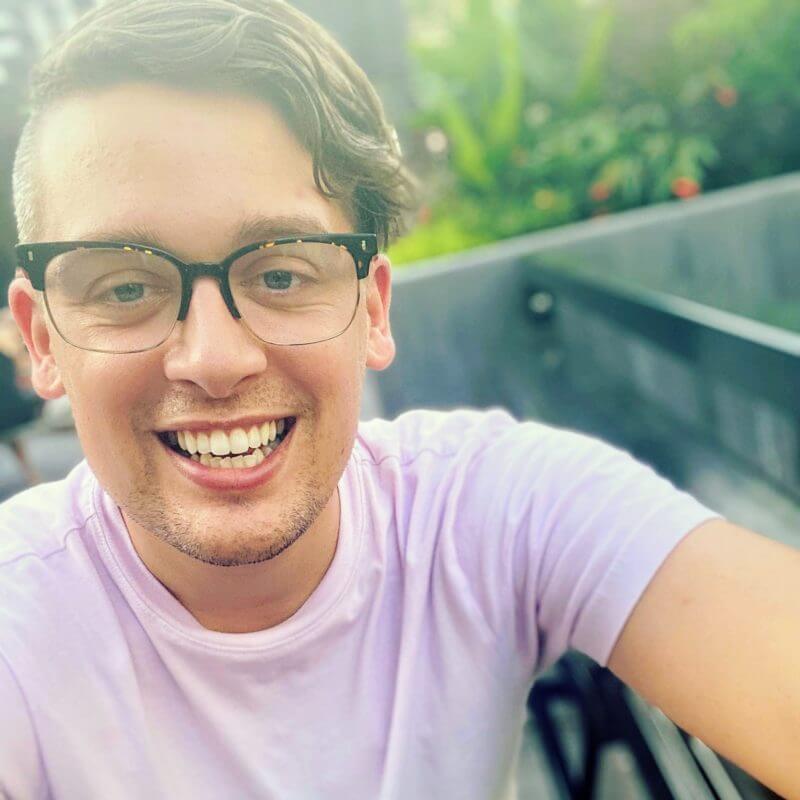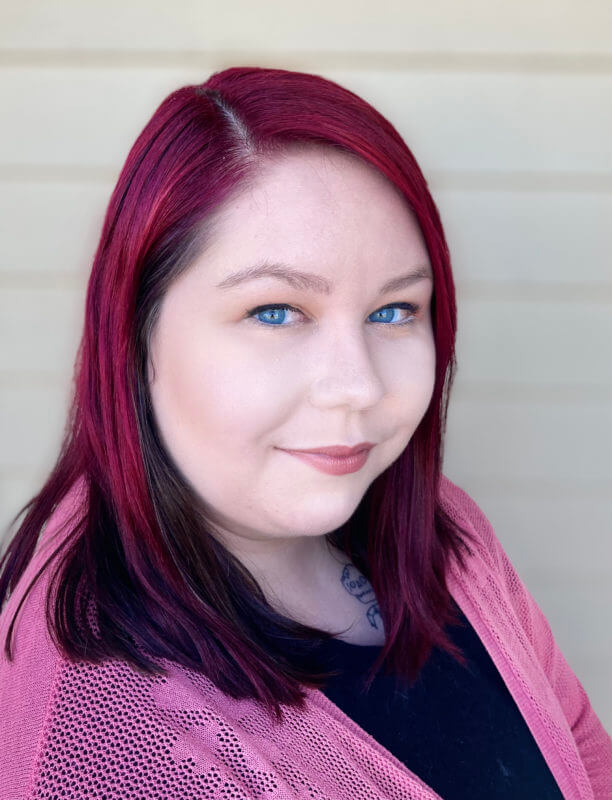June 23, 2021
The Essentials of Cultural Awareness: LGBTQ+ Healthcare

CentraCare Department of Workplace and Patient Diversity’s Patrick Decker-Tonnesen is an optimist. When he senses tension between the growing acceptance of LGBTQ+ folks and the shortage of employee-training resources focused on working with, serving and caring for people of diverse genders and sexual orientations, he sees an opportunity. Specifically, he wants to help foster safer, braver spaces at CentraCare where everyone can feel supported and appreciated.
“Seeing an LGBTQ+ coworker as an equal and as someone who doesn’t need to be spoken to or treated differently is just the beginning,” Decker-Tonnesen says.
“Seeing an LGBTQ+ coworker as an equal and as someone who doesn’t need to be spoken to or treated differently is just the beginning.”
PATRICK DECKER-TONNESeN, MSW, DEI CONSULTANT, CENTRACARE WORKPLACE & PATIENT DIVERITY
Among an array of perspective-shifting resources he and others are making available to employees included a live panel event on June 24, aimed at building a CentraCare that feels more inclusive for everyone. That video panel, Essentials of Cultural Awareness: LGBTQ+ Healthcare, can be viewed here.

“Part of making progress is recognizing that there has already been progress,” he explains. “We’ve shown it can be done and there’s more progress to make.”
As someone whose own upbringing is built on Midwestern cultural DNA, he sees a connection between the values and traditions of central Minnesota life and the need for mutual respect and human dignity. In fact, that’s what’s motivating him to build greater LGBTQ+ equality and acceptance.
“I love our community and our Midwest traditions,” he says. “And I absolutely see those as compatible with diversity and inclusivity.”
Learning opportunity
George Froehle, PA-C, AAHIVS, PA-C, LGBTQ+ health lead for CentraCare, participated in the recent panel event, and was joined by Katie Galarno, patient navigator, CentraCare Sexual and Gender Medicine, and Clinton Billhorn, PA-C, Convenience Care lead.

LGBTQ+ Health Lead
“An open dialogue is important with all patients, but for LGBTQ+ patients there’s an added level of trust that can be established by allowing patients to express themselves freely,” Froehle explains.
“One significant barrier to a safe and constructive dialogue is past negative experiences with the healthcare system. This is highly variable, but the majority of LGBTQ+ patients, and especially transgender patients and LGBTQ+ people of color, have experienced either outright or micro-discrimination in the healthcare setting.”
Individuals who are minorities-within-a-minority can feel left out, unwelcome and even threatened by hostile words, invasive questions and other seemingly small gestures or glances.
“An open dialogue is important with all patients, but for LGBTQ+ patients there’s an added level of trust that can be established by allowing patients to express themselves freely.”
George Froehle, PA-C, AAHIVS, LGBTQ+ Health lead
“Our older LGBTQ+ populations have especially faced discrimination,” Froehle notes. “These past experiences create a concern whether a patient will be treated with respect, and receive the best level of care compared to other patients. CentraCare can help address these concerns by using visual cues to patients that our clinics are affirming – such as rainbow stickers, pronouns on lab coats and badges, and promotion of our LGBTQ+ Medicine Clinic.”
Important conversations
One of the key topics is how to achieve good healthcare outcomes for LGBTQ+ patients and how to deconstruct barriers that are usually not intentionally placed.

“In my setting of acute care medicine, there is an obvious barrier for queer folks,” says Billhorn. “They are experiencing an acute illness, be it ear pain, sore throat, abdominal pain, or headaches, but have to weigh the risks of being seen by a provider who may ask invasive questions, focus on aspects of their life that are not important to their chief complaint, and even deal with passive-aggressive looks, comments, and documentation when reviewing their chart later.”
Such occurrences, he points out, can cause people to avoid seeking care all together.
“Unlike primary care, they are not able to screen their provider, speak with friends about experiences, or receive recommendations; they are more at the mercy of whoever ends up walking into the room. They may receive testing, recommendations, or exams that are not truly indicated. In my experience, these barriers are built from lack of training, knowledge, and comfort with treating patients of different backgrounds.”
Encouraging inclusivity

“The importance of creating an environment that is welcoming to all cannot be overstated,” says Katie Galarno, patient navigator. “These conversations are a great opportunity to ask questions in a space that is free of judgment, instead of relying on our patients to educate us.”
“I’m excited to see CentraCare putting on pride events and celebrating our community,” Galarno says. “It means a lot to me, as an employee, to know my organization is encouraging a culture of inclusivity.”
“We want to focus on the wonderful things that are happening for the LGBTQ+ community and our allies during Pride Month, but also after this month,” Decker-Tonnesen says.

